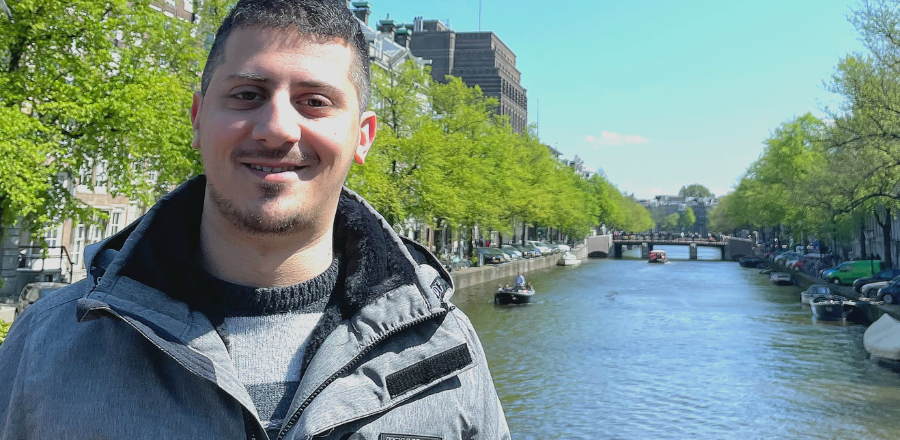Living near a blue space can reduce mental health conditions

Living near a blue space can reduce the risk of mental health conditions derived from socio-economic deprivation by 6%, according to research carried out at Glasgow Caledonian University (GCU).
The 10-year study centered around the 250-year-old Forth and Clyde Canal, which runs through some of the most deprived areas in North Glasgow. It was regenerated in 2000 and is now a ‘smart canal’ that uses technology to reduce flood risks and the impact of climate change.
Michail Georgiou, a GCU PhD researcher and lead author of the study, explained: “This was a retrospective study, analysing primary care health data routinely collected by the NHS for 10 years until 2018. A total of 132,788 people were included in the analysis.
“The study team estimated the effect socioeconomic deprivation has on the likelihood of developing a mental health condition and the modifying effect of living near a blue space using various research models.
“We found that living near a blue space modified the risk of mental health conditions derived from socio-economic deprivation by 6% for those in the highest risk category. This dropped to 4% for the ‘medium deprivation’ group.”
The new research paper 'A population-based retrospective study of the modifying effect of urban blue space on the impact of socioeconomic deprivation on mental health, 2009–2018’ has been published in the Nature international journal.
The same team of researchers were involved in publishing another research paper earlier this year which showed that people from deprived areas can cut their risk of developing chronic life-shortening diseases by up to 15% if they live near a canal.
The data scientists used the same NHS data and found that people living in deprived areas within 700m of the Forth and Clyde Canal had a 15% lower risk of suffering from cardiovascular disease, a stroke or hypertension. It also lowered their risk of diabetes by 12% and obesity by 10%.
Michail, Dr Zoë Tieges, Professor Gordon Morison, Niamh Smith and Professor Sebastien Chastin decided to widen their research to find out what effect living near a blue space such as a canal can have on mental health conditions.
The researchers from the University's School of Health and Life Sciences (SHLS) and School of Computing, Engineering and Built Environment (SCEBE) have been working with Scottish Canals on the studies, funded by The Data Lab, Scotland's Innovation Centre for data and artificial intelligence.
Michail said: “North Glasgow where we did our research around the Forth and Clyde Canal is one of the most deprived areas in Europe. We found that living near a blue space reduces the negative effects of being socio-economically deprived so we are calling for the regeneration of blue spaces in the most deprived areas and maintenance of social housing around blue spaces.
“What we know is that you are less likely to be prescribed with a mental health drug if you live near a blue space and are socio-economically deprived. It reduces the risk of mental health by 6%. It’s not huge but it does make a difference. The next step in our research is to look at the economic impact of living near a canal.”
Michail is a researcher in University's Research Centre for Health (ReaCH), which aims to make a direct and significant contribution to Sustainable Development Goal 3 – good health and wellbeing – issued by the United Nations in 2015 as a blueprint for peace and prosperity across the planet.
